When Ivan Fahy began his career, he quickly lost interest in male modeling. "It’s just so typical, and just so uninspiring," he says in the latest installment of the Thinkhouse X series, "Just Ivan." Jane McDaid, the founder of Thinkhouse—a youth marketing agency with a bold online magazine—"knew that a collaboration was on the cards." The creative team worked to create a short film and series of photographs that highlighted not only Fahy’s modeling ability, but also his story.
Fahy’s story is one of self-acceptance and confidence—a message that resonates with LGBT youth. In addition to modeling, Fahy regularly hosts workshops on gender, being LGBT, sexual health and consent, bullying, body confidence, and related topics for school and university students.
PRIDE had the chance to talk to Fahy about his boredom with male modeling, his desire for models who challenge gender norms to be considered mainstream, and his role as an educator.
PRIDE: How did you get involved with the Thinkhouse X series?
Ivan Fahy: I came across a few videos made by Thinkhouse and I thought that it would be cool to work with them because they themselves are very cool and open-minded like myself, so I we would make a great team and be able to make something interesting.
PRIDE: What was the most rewarding part of that experience, and what does having this platform mean to you?
IF: It was rewarding to share my story in another form online. Having a platform at all means a lot, because so few do. I am lucky and privileged to have platforms that I can use to spread my messages of self-love and self-pride.
PRIDE: While we are seeing a handful of models who are pushing the boundaries and who are playing with gender expression in interesting and exciting ways, it can also feel like all of the focus is on that model’s gender identity or expression, rather than looking at photos and saying, 'These photographs are interesting for a lot of different reasons, and subverting gender norms is just one part of that.' Do you feel pressure to be a kind of representative as well as a model? How do you hope people will talk about your work?
IF: I agree with that statement. My work is very subversive and transgressive but at the same time it is not. I am only wearing makeup and heels. It isn't really anything that controversial but because of gender norms, it is. I want my work to be mainstream, not because I crave mainstream attention, but because my work deserves that. My work doesn't deserve to be sidelined.
My being labelled 'an androgynous model' etc., isolates me in many ways because I am not seen as a model like other typical models are, I am seen as just being an androgynous model, something of a novelty, and so my photos are always looked at through that lens and many other aspects of the photo are never seen. I want to be seen as a beautiful and free person that just happens to be male, not a male that wears makeup and is seen in an 'OMG' way. I don't really feel pressured to be a representative, I understand that comes with the territory and I'm okay with that. I hope people will talk about my work in a 'go him', 'he's living his life', upbeat and positive way. Not everyone will, but I don't care. I look at my own work and feel great about it!

PRIDE: You talk about feeling uninspired with male modeling. What was it about switching to female modeling that rekindled that inspiration?
IF: Male modeling was exactly like how I was before I accept my 'gayness'. While repressing my identity, I tried so hard to be manly. I would refrain from crossing my legs, I would force myself to put my hands in my pockets, and wear typical male clothing. The male modeling work I got put me back into that box and I knew I couldn't continue with it. Whereas with female modeling, or in actual terms, just modeling without care for gender norms, I could be more expressive and daring. I have so much personality and originality, and my current way of modeling allows that but male modeling did not.
PRIDE: How do you think art and culture suffers when artists limit themselves by very strict ideas of what gender is supposed to be?
IF: It suffers to the point that what could and should be never is. Work may be only a fraction of what it could be if the artist was free to fully create. We cannot calculate the exact level of suffering, but it's safe to say that many works of art were never produced because of fear and many more were compromised in order to get funding, guaranteed appreciation, etc.
PRIDE: In relation to modeling, where you’re creating art with the body, what does it mean for the final images when a model limits their movements or expressions based on these ideas of how a man is supposed to look/move and how a woman is supposed to look/move?
IF: It means that the images are exact reflections of a gender normative society. We reproduce what we know and we all know gender norms very well. We are expert in them because we have all been indoctrinated. That's why I hope my images present something unique and refreshing because I model ignorantly to gender norms.

PRIDE: As a college speaker, are there any moments or any stories from students that have really stood out to you?
IF: I gave a body confidence workshop in University College Cork, Ireland, and I told the group how we take advantage of our bodies and how we aren't mindfully grateful of all it does for us, instead focusing on what it may do wrongly or what about it doesn't fit society's ideals, etc., and how our bodies are selflessly invested in us, a friend that is always with us but we never appreciate, but that friend stays loyal regardless. After saying that, I asked the group to name one thing that they appreciate their body for, and the first person to speak broke down in tears and it was amazing because it was so real and raw. I was so happy I could bring that level of honesty and authenticity to the workshop.
What stood out to me is that this person could be of any identity and it didn't matter because we all have this peculiar relationship with our bodies and it is unfortunate. It reminded me how out of touch we are with many things such as gender. Gender is a beautiful thing, and gender diversity, is even more beautiful, and I want that portrayal and reminding to be my legacy.
PRIDE: There have always been people who weren’t afraid to push boundaries with gender, but I’m always amazed by how people who are just a few years younger than I am seem to be exploring these radical concepts en masse. Do you think there’s a generational divide in how people think about gender? Have the students you’ve spoken to introduced new ideas to you?
IF: The ideas always revolve around how we can free ourselves and show others the truth of gender—that we are more than our sex assignment, that gender is not a binary, that gender is a social construction, and that gender norms, sexism, transphobia and what I believe more generally, genderphobia, restricts and limits human potential, as I said in my TEDx talk, 'Diversity Is Reality'. There are generational divides on every topic. Young people I talk to are more open-minded and more understanding and appreciative of that face that everyone is different so how can we expect everywhere to be the same. Also, many people from older generations can be just as open-minded. I guess we have to be open-minded about open-mindedness.
Find out more about Ivan Fahy’s work on his website, Facebook, Twitter, and Instagram. You can find out more about Thinkhouse, and the Thinkhouse X series here. (Photos via Thinkhouse)
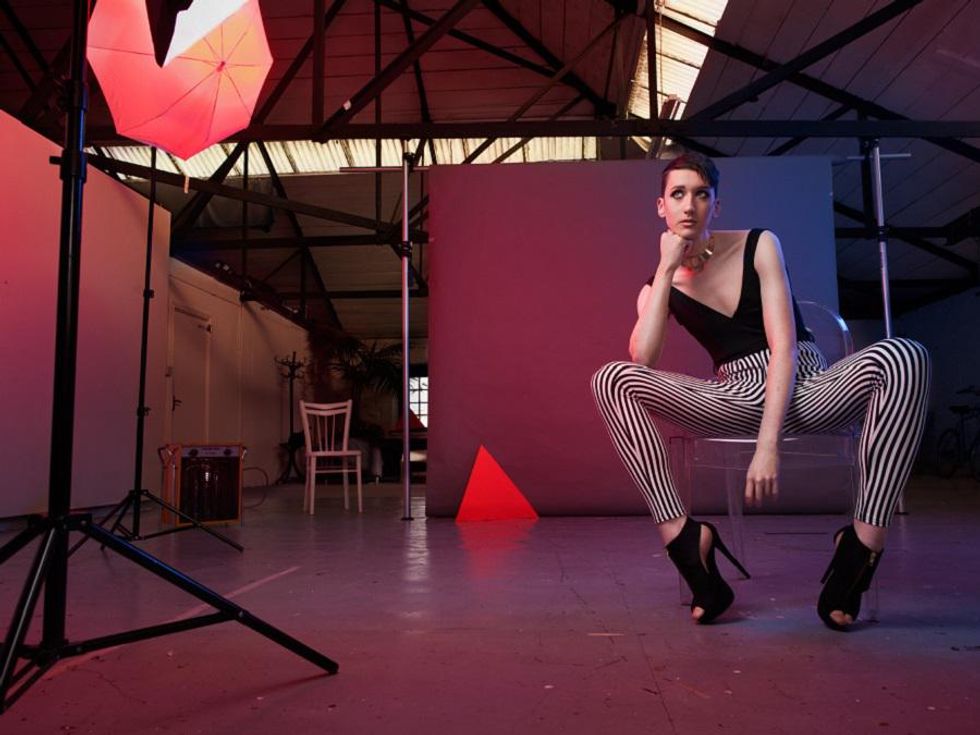









































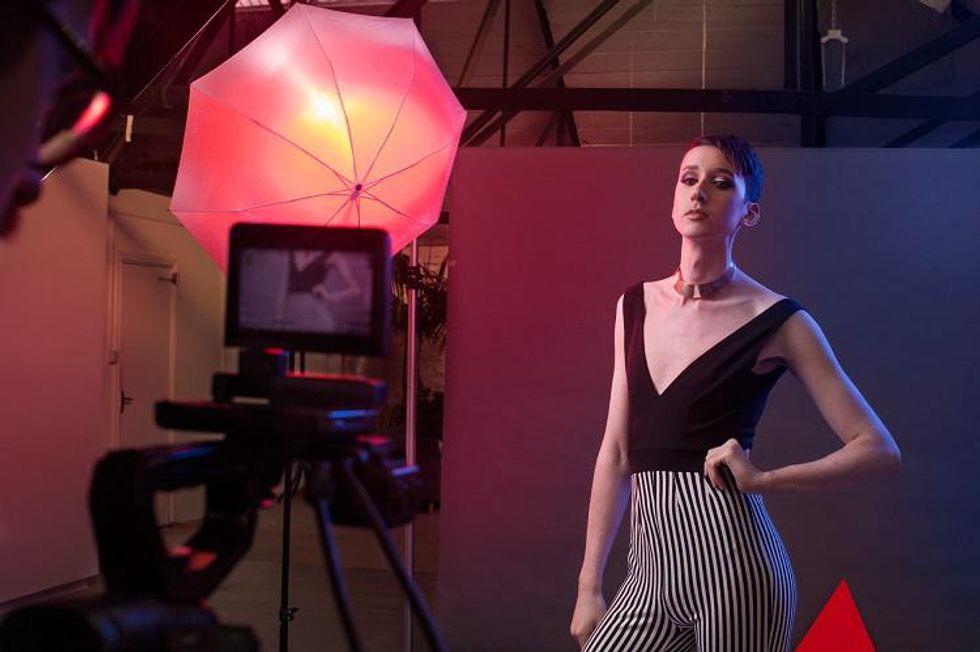
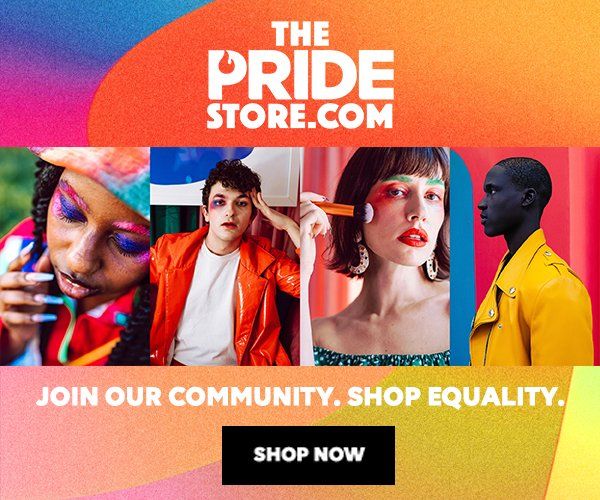
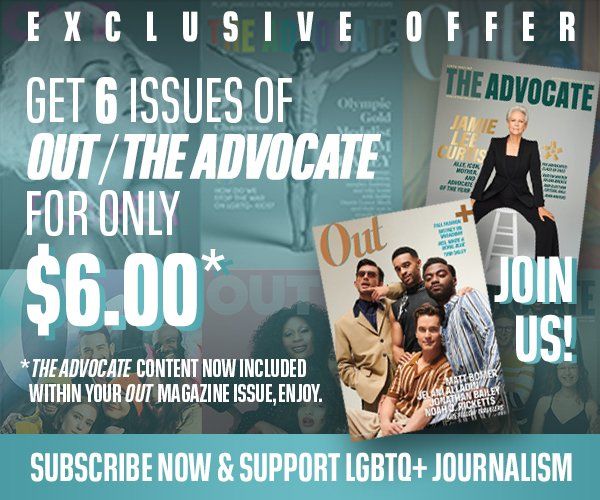
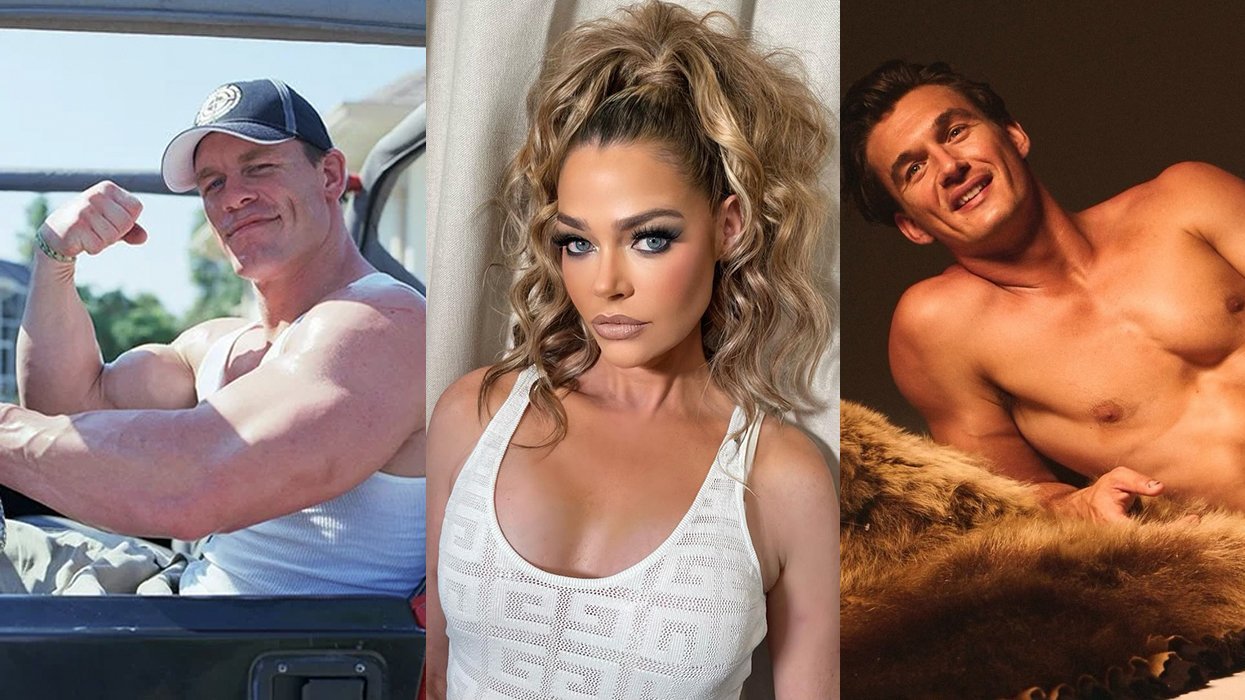
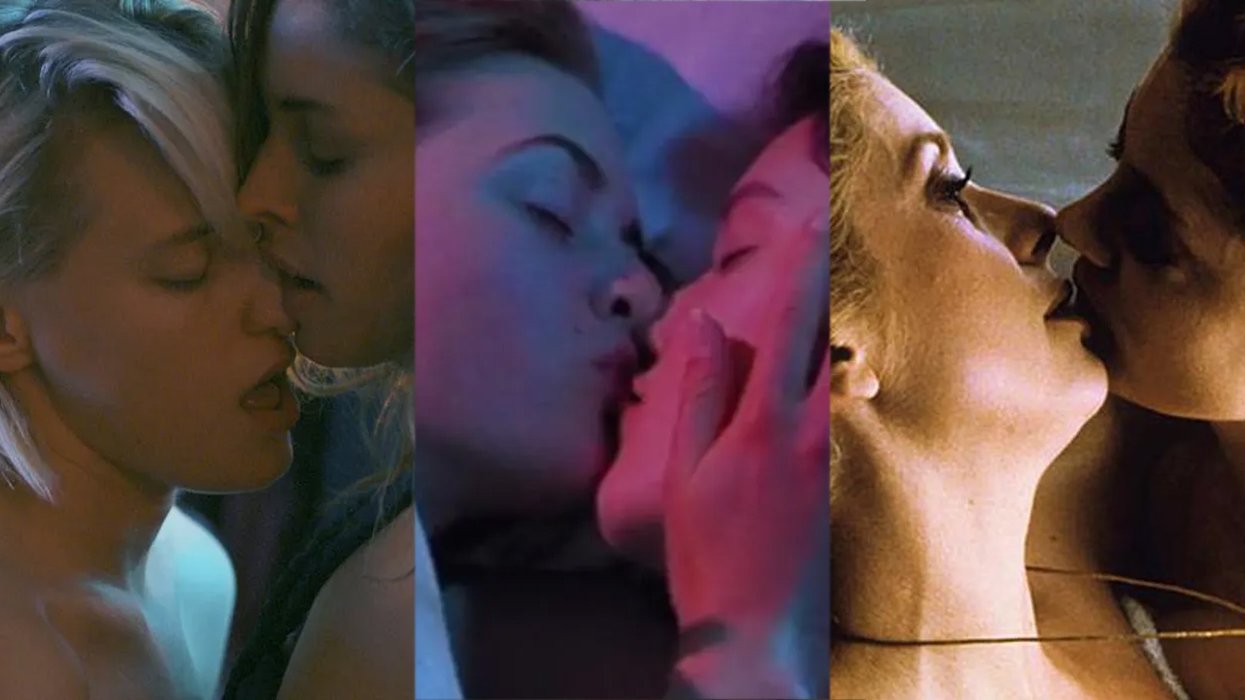
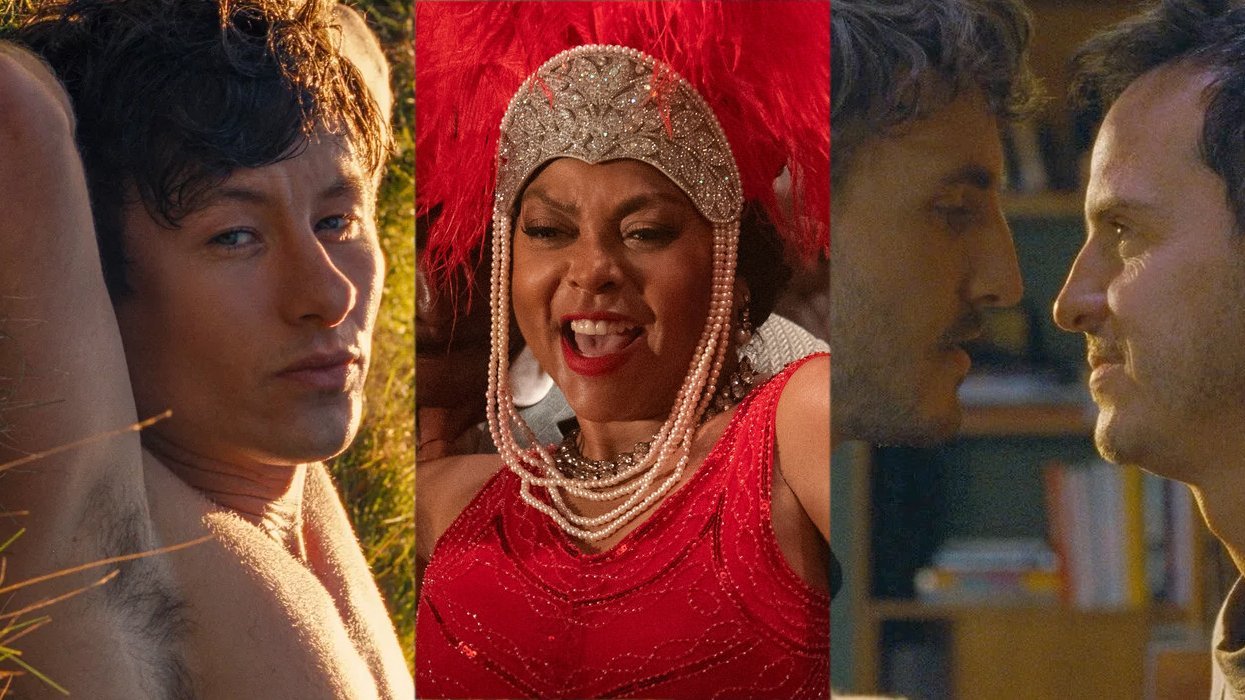
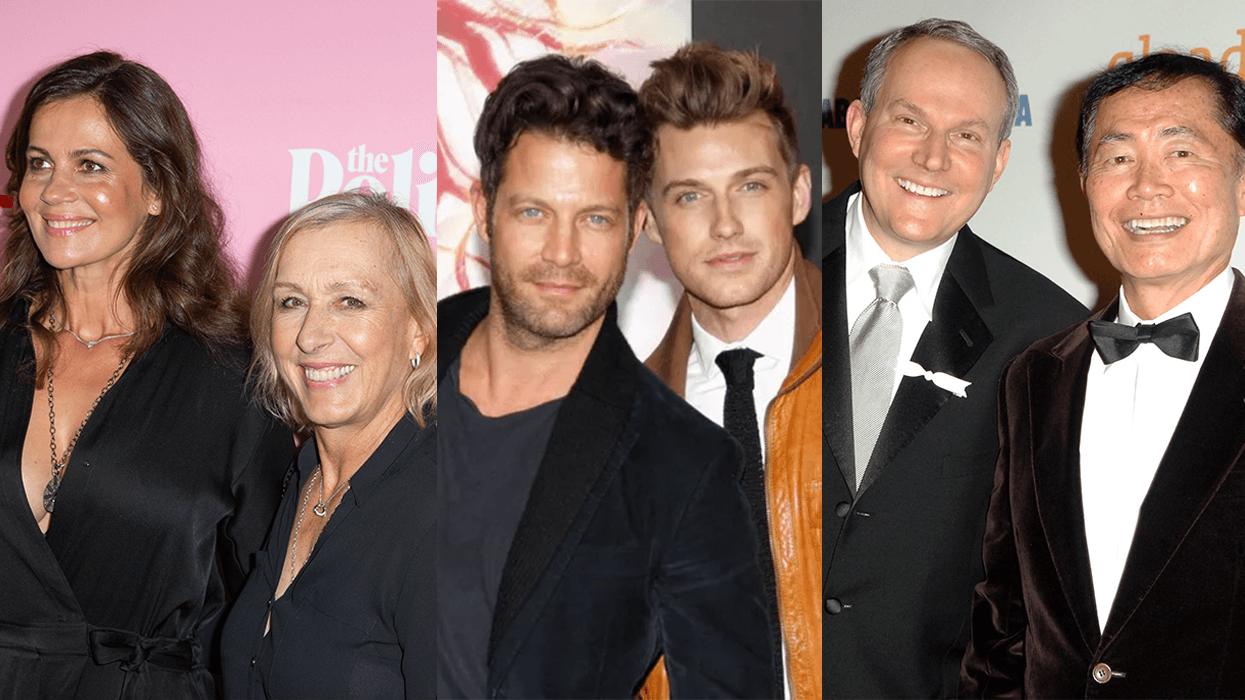

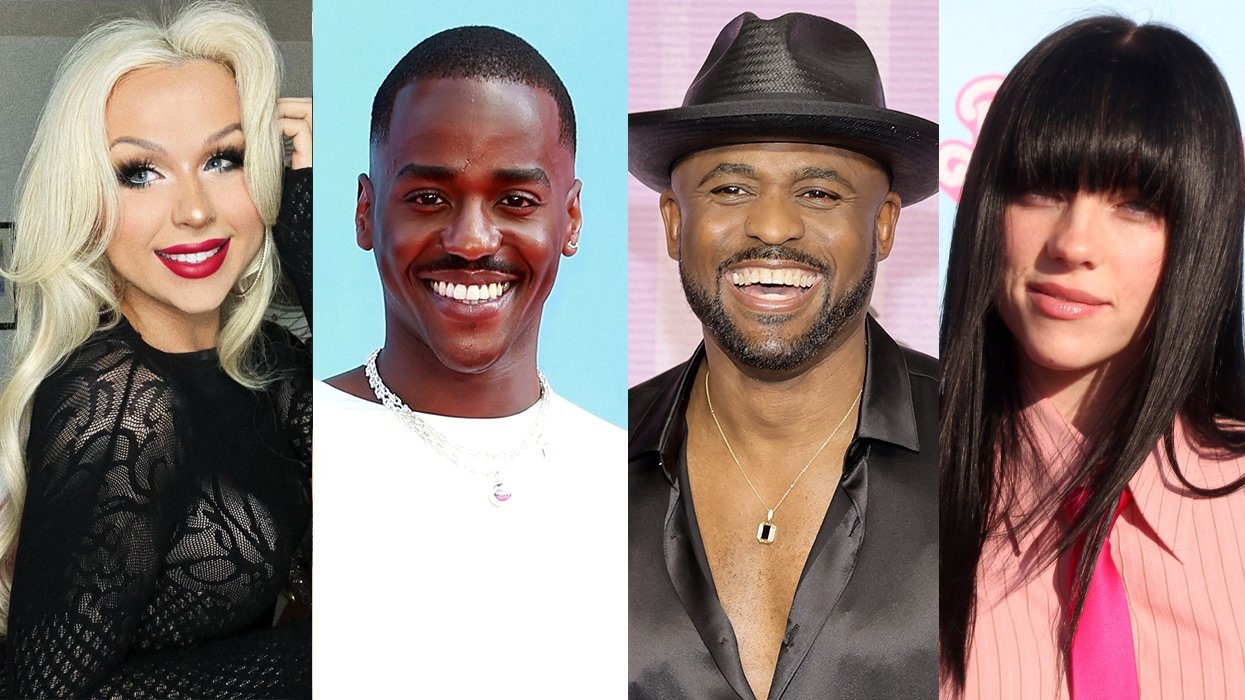
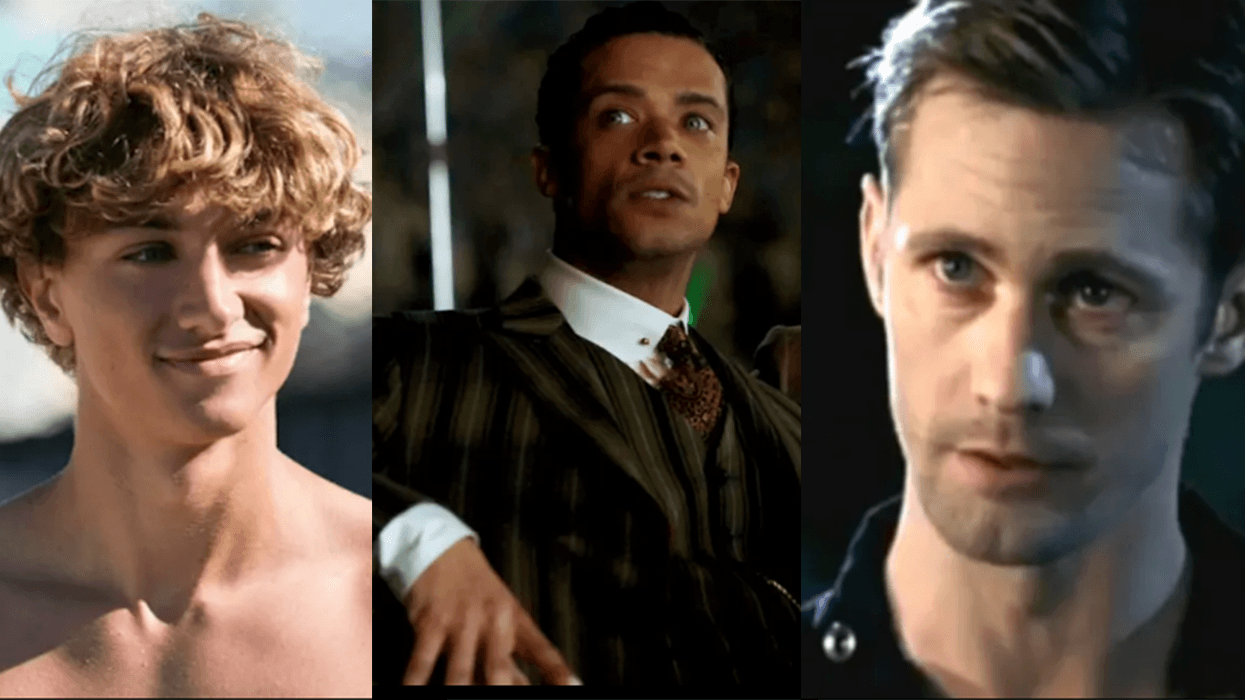
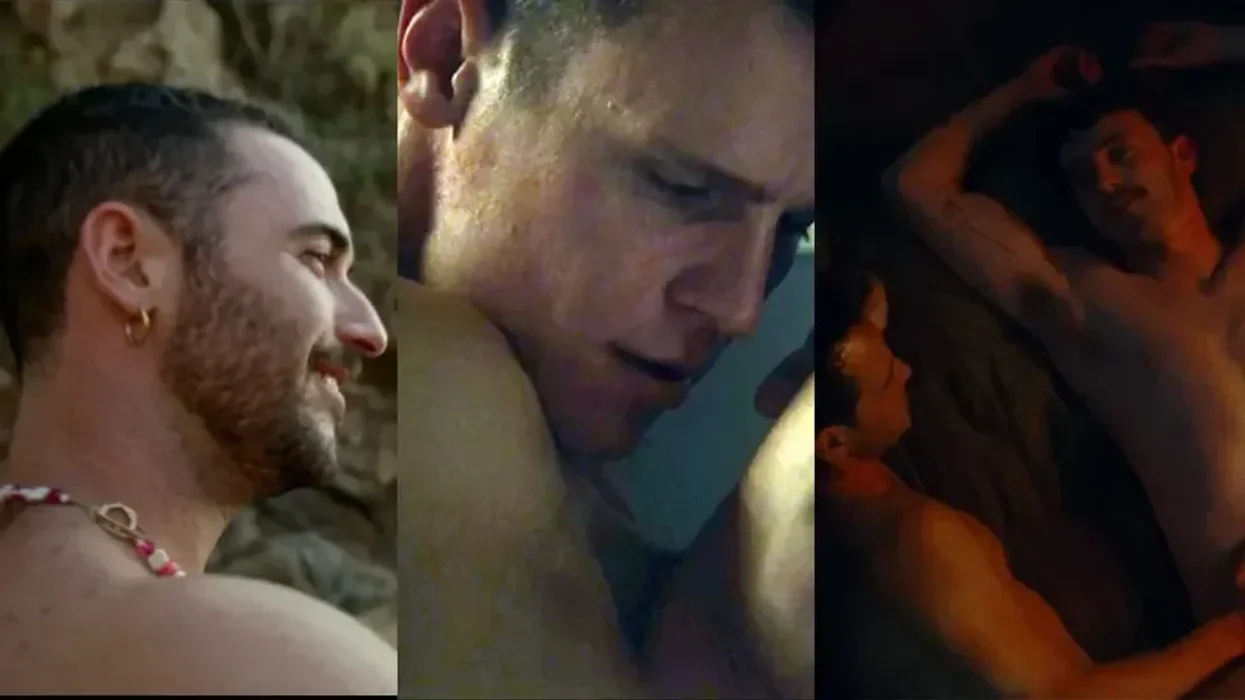
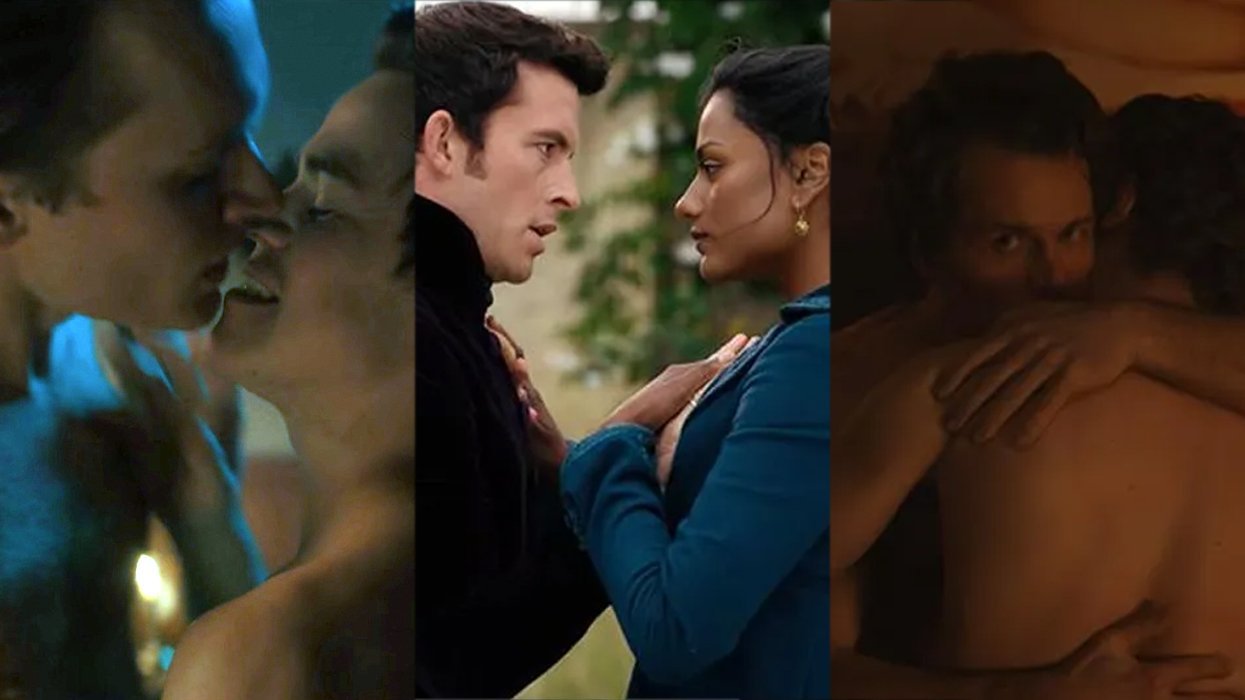
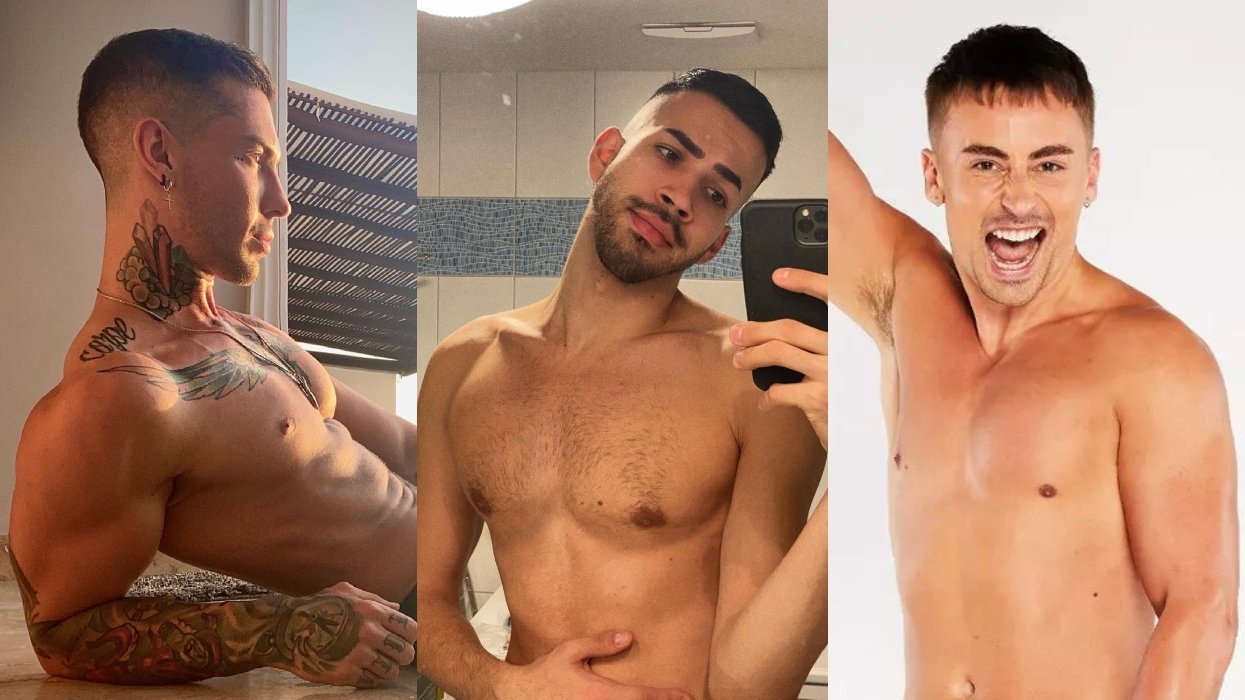







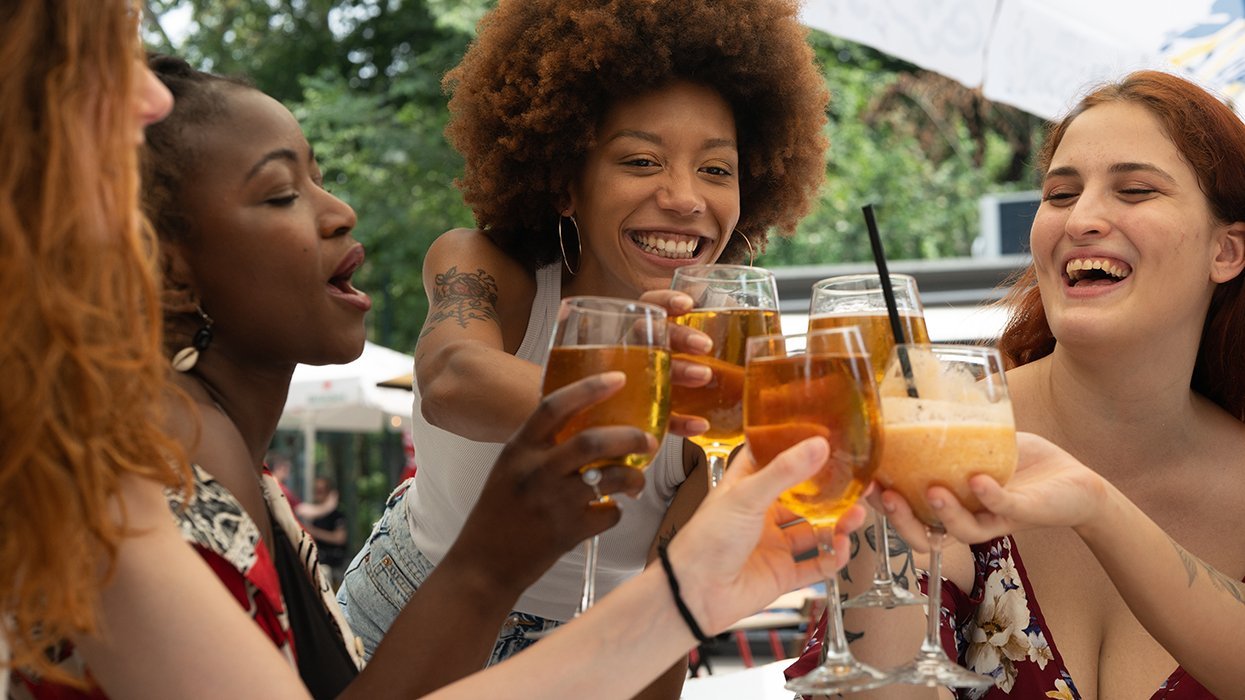

















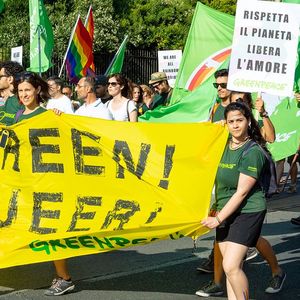











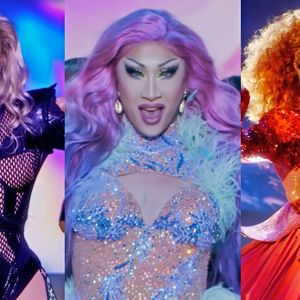








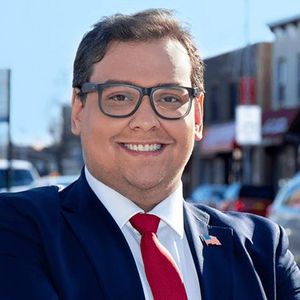




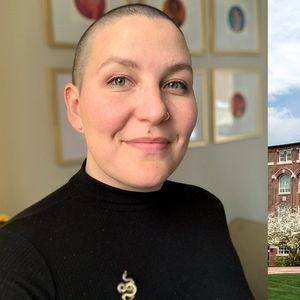

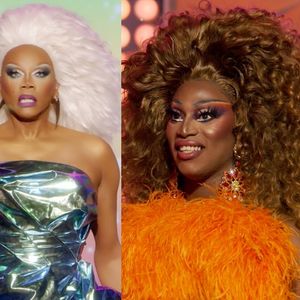
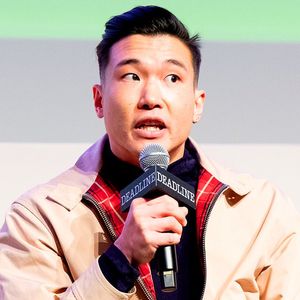



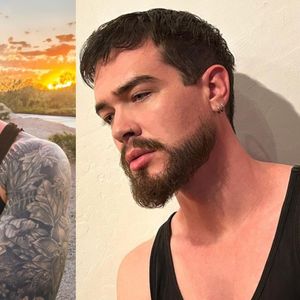
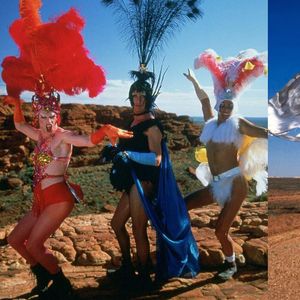
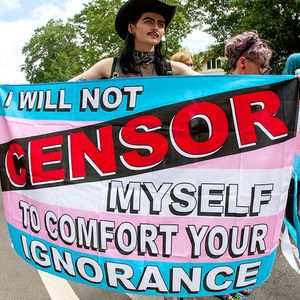


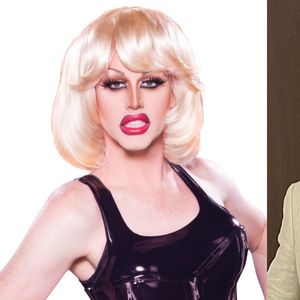
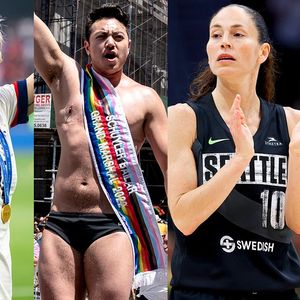





Megan Thee Stallion sued for harassment, ex employee allegedly forced to watch her have sex